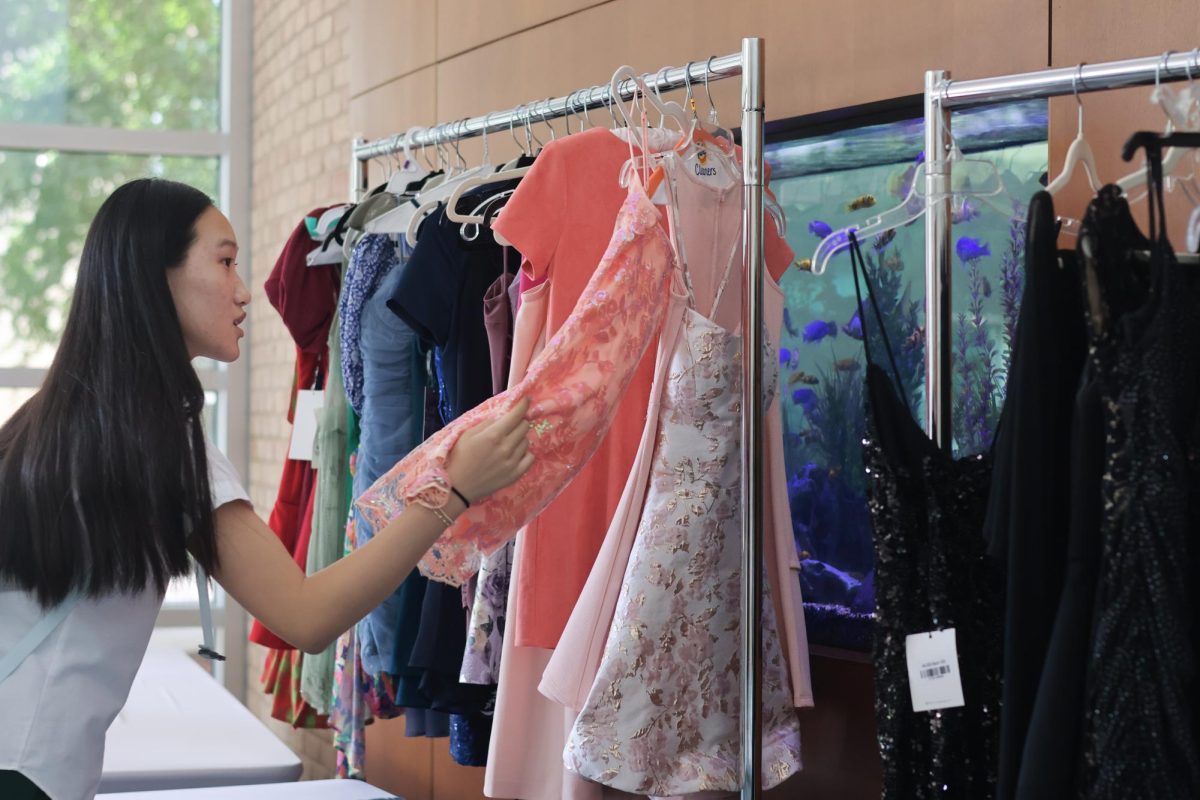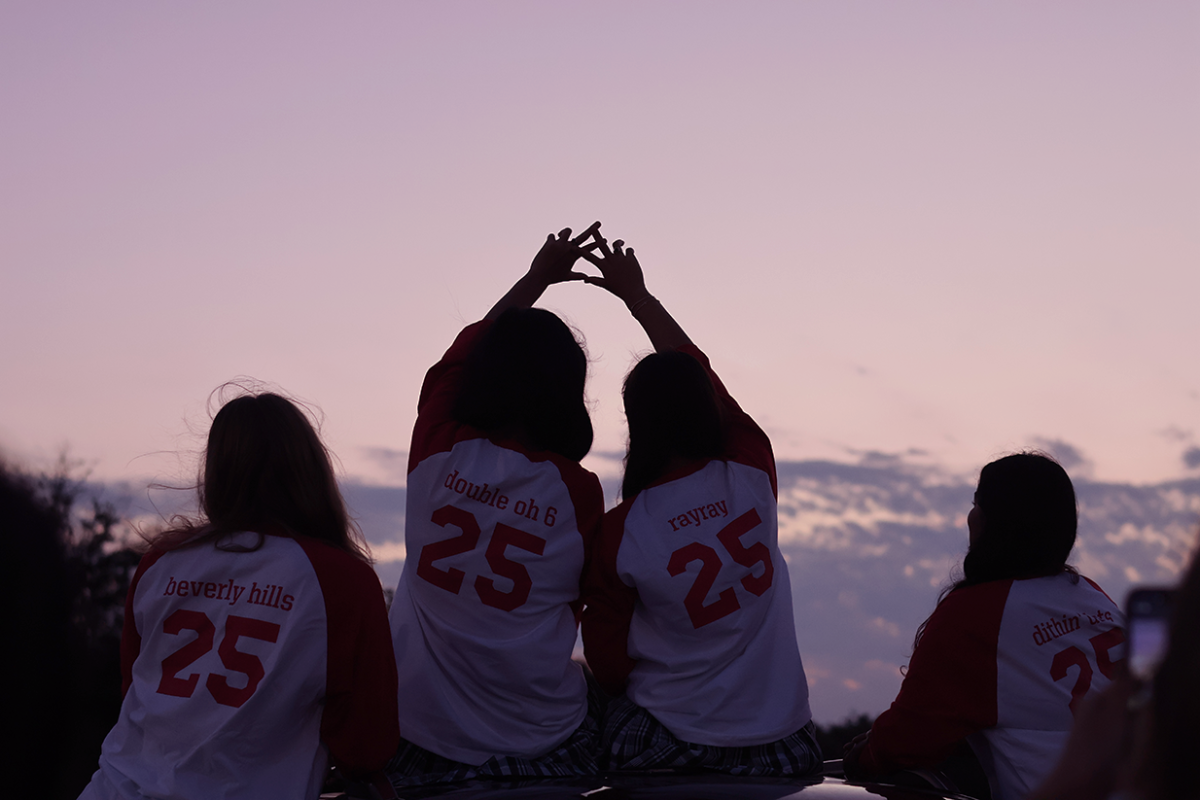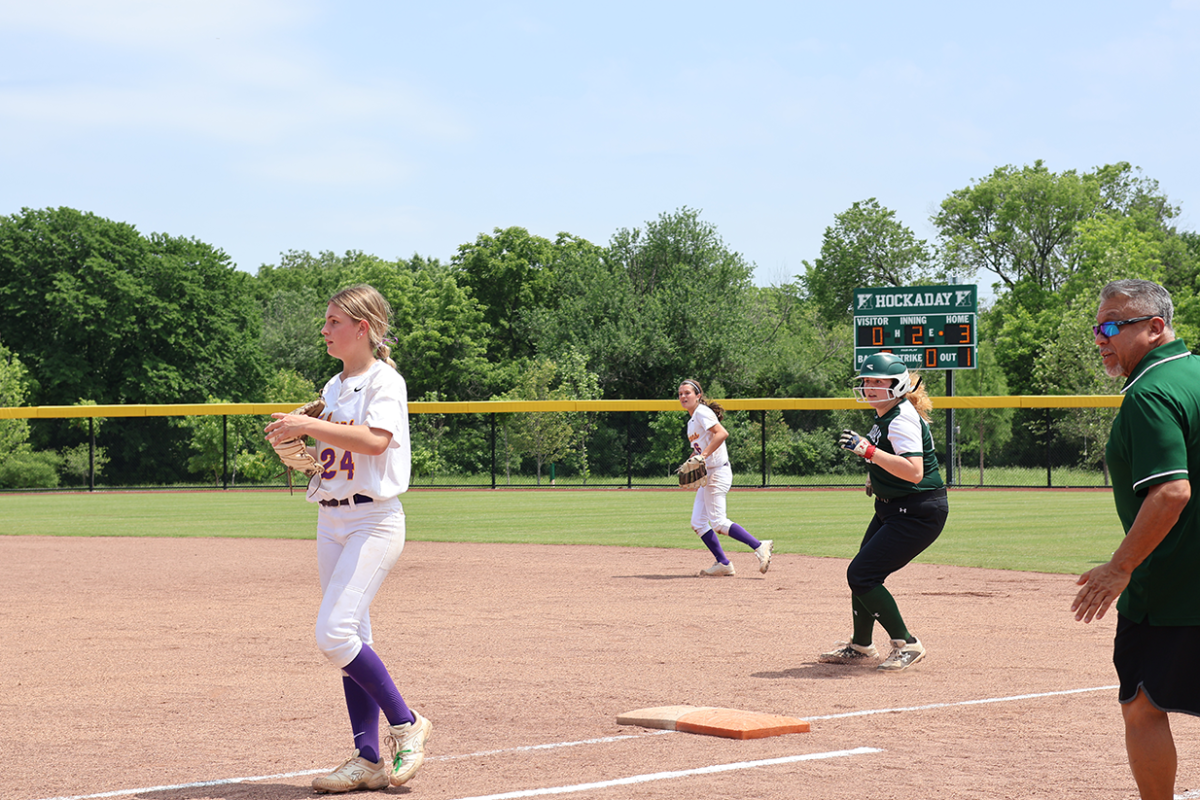Besides the word sex, a woman’s period is the most dreaded word of middle school. It sets off uncomfortable seat shifting and flushed cheeks. It adds to the invisible wall of sexual tension between boys and girls during eighth grade Valentine’s Dances. I’ll be the first to admit that I was the girl who would flush when opening a tampon package in fear of anyone around me realizing that I was menstruating. To realize that I was a woman, despite my appearance of overbite braces and training bras.
I was my own culprit. While cramps physically weakened my body, why did I degrade womanhood and femininity into something fragile and shameful? How can we ever expect to gain full equality with the negative stigma surrounding periods?
Although puberty should inevitably bring discomfort to adolescents with the realization that men do indeed have penises and women bleed from the vagina, periods don’t just deal with awkward bathroom encounters anymore. Suddenly, “Ew! Girls have cooties!” and childhood antics escalate to societies ostracizing women and girls for their periods. A celebration of womanhood turns to a curse of humanity.
Twenty three percent of girls leave school in rural India when they start menstruation and miss approximately 60 days of school each year, establishing a direct correlation to falling behind classes and dropping out of school. To put it in perspective, that’s more than a quarter at Hockaday. As they lack access to safe hygienic supplies, these Indian women must fashion old rags, leaves, grass, or newspaper into makeshift pads. In return, India’s patriarchal society shuns them for being dirty and even forbids females to cook while on their periods with the fear of contaminating the food.
Japanese women also usually don’t serve as sushi chefs because of the theory that menstruation causes an imbalance in taste. As a sushi connoisseur, whether I am menstruating or not, I find that ahi tuna towers do in fact taste exactly the same.
Forty eight percent of Iranians view the period as a disease, and Nepal’s chaupudi tradition requires isolation of menstruating women, known as impure untouchables, and forbids them from attending religious services.
In “Juno,” a popular American romance film, the movie’s namesake protagonist deals with a “menstrual migraine” when she and her boyfriend Paulie argue, leading him to say, “Call me when you get off the rag!” His blunt terminology stands among numerous other examples of movies and TV insulting a woman’s period. And that’s not just Hollywood drama.
According to the magazine The American Prospect, before Sally Ride took off to become the first woman in space, NASA engineers, regarding the number of tampons needed for a one-week expedition, asked, “Is 100 the right number?” To these NASA scientists, I say, 100 tampons would last me a good year. If the world’s most elite space scientists hold such ignorance toward the period, what are we expecting from your freshman year crush, the guy at the supermarket, or the boys at St. Mark’s?
During the 1997 Boston Marathon, Uta Pipping, the female winner, finished with visible menstrual blood. Speechless at first, TV commentators referred to her period as a “physical problem.” In a Houston Press article, the third link of “Uta Pipping” on Google, it labels the image of Pipping, crossing the finish line with a look of overwhelming joy and sweat, as the second “most disgusting marathon picture.” The first women to win the Boston Marathon three times in a row has menstrual blood running down her legs, and she is “disgusting.” Oh wait, did she even make history? Is she not powerful nor resilient nor inspiring? No, simply disgusting. Poop was the number one most disgusting image by the way.
Within Hockaday’s own halls, I pass by girls, chest half in their lockers, their friends lined up in a barricade, attempting to stuff a pad or two in their bra. Look around you, girls make up a majority of the student and faculty body, so the period taboo isn’t exempt in a primarily all girl’s environment neither.
The negative taboo doesn’t just come with men; it’s engrained in us girls due to societal standards demanding a cleanly shaven and “beautiful” appearance. The only way we can start changing the cootie, unhygienic and shameful outlook on the period is if we regard the period with the normalcy and celebration it deserves. If we fail to do so, shaming us women for periods establishes the threshold into shaming everything from our intelligence to athleticism. After all, the period signifies a healthy and functioning woman body. I’m not sorry for bleeding every month. I’m not uncomfortable when buying a box of tampons. I’m not ashamed for being a woman. Period.
-Aurelia Han- A&E Editor-














Matt Christopher
Oct 7, 2016 at 8:05 pm
Very insightful and well articulated article. I support and applaud the author for expressing their first amendment right to freedom of the press and also for not committing slander or libel (something that has unfortunately become too common in today’s media). With me being male, this article has made me think differently about topics that I don’t normally think about and has given me the opportunity to ponder what every woman on Earth goes through. That being said, allow me to add some context to certain claims.
In reference to India, I agree that women don’t generally have easy access to feminine hygiene products. I also agree India is predominantly “run” by males. But if you think critically, you’ll discover that’s not necessarily connected to menstrating women not being allowed to cook. The author concedes that “Indian women must fashion old rags, leaves, grass, or newspaper into makeshift pads”. All of those items aren’t as sterile and effective as conventional pads or tampons. That opens the door for contamination when cooking, and nobody wants menstral blood in their food.
Also in relation to NASA, NASA employs some of the smartest people in the United States. Although back then NASA consisted of mostly males, there were female scientists employed as well. Before any woman ever entered zero-gravity, it was unknown whether a woman’s period functioned properly in zero gravity (because we can’t simulate it on Earth). They didn’t know if it was gravity itself that expelled menstral blood or if the body would do it anywhere. So to state that “elite space scientists held such ignorance towards the period” is a little dishonest. The female scientists didn’t know just as much as the males.
I enjoyed reading this article and I’m excited to read many more from the wonderful minds of The Fourcast!
Aurelia Han
Oct 14, 2016 at 1:24 pm
Interesting points, Mr. Cristopher. I was not aware of these facts, but I am grateful for the insight. Thank you for keeping up with The Fourcast.